Types of Employee Benefits: 12 Benefits HR Should Know
Analytics in HR
FEBRUARY 10, 2023
The types of employee benefits an organization provides carry weight in today’s employment market. Compensation on its own is not enough to engage employees and attract job seekers who now expect more comprehensive rewards for their work. Contents What are employee benefits? Why are employee benefits important?


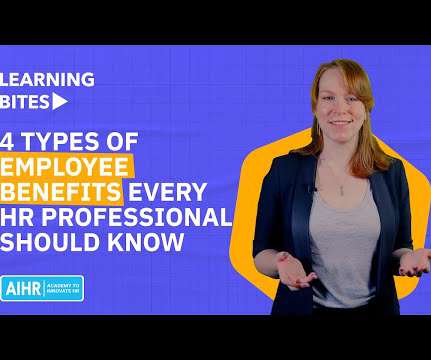


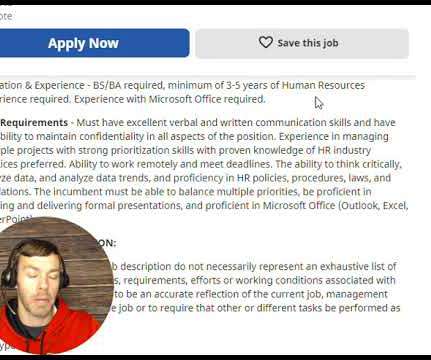



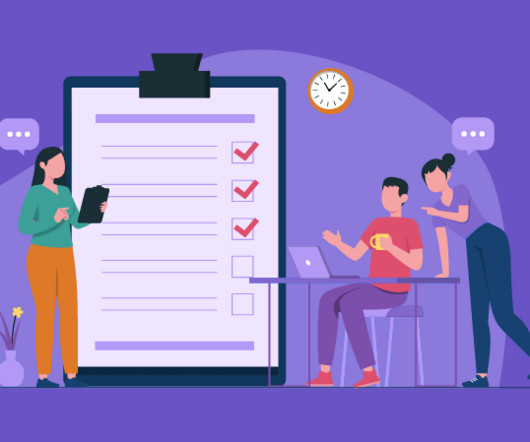



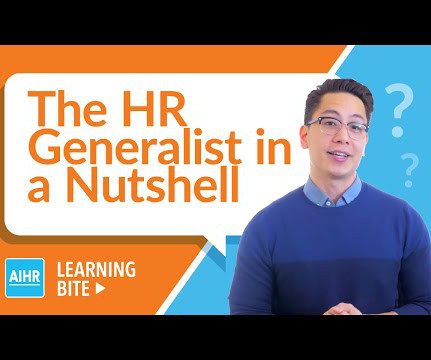
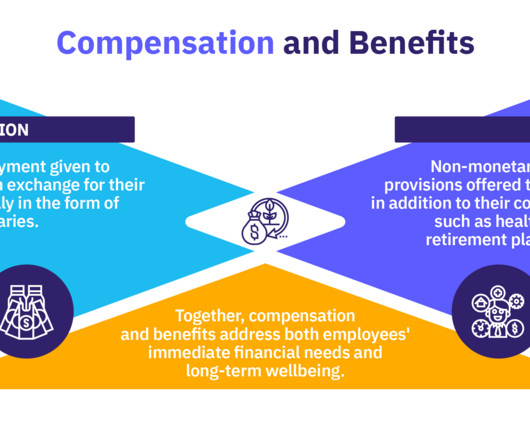
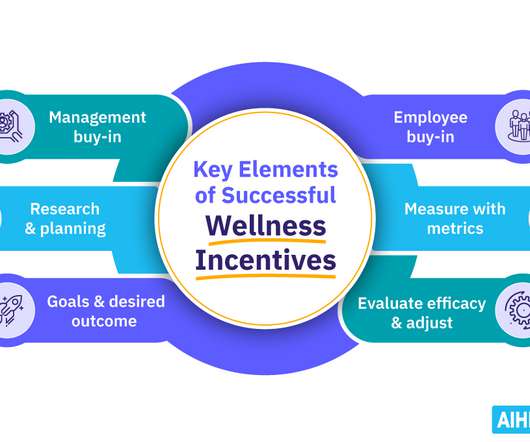
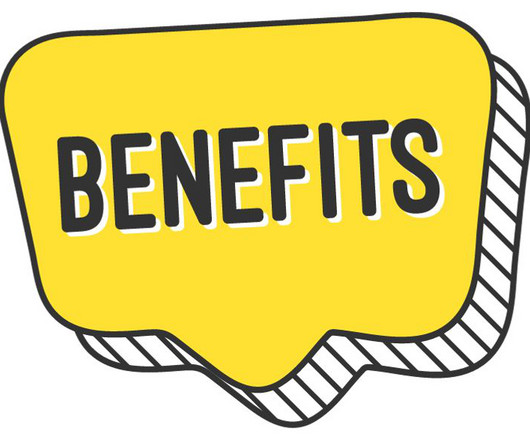















Let's personalize your content